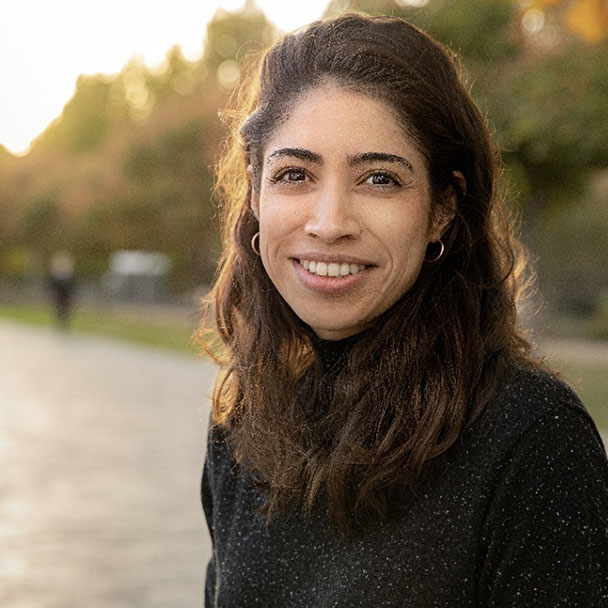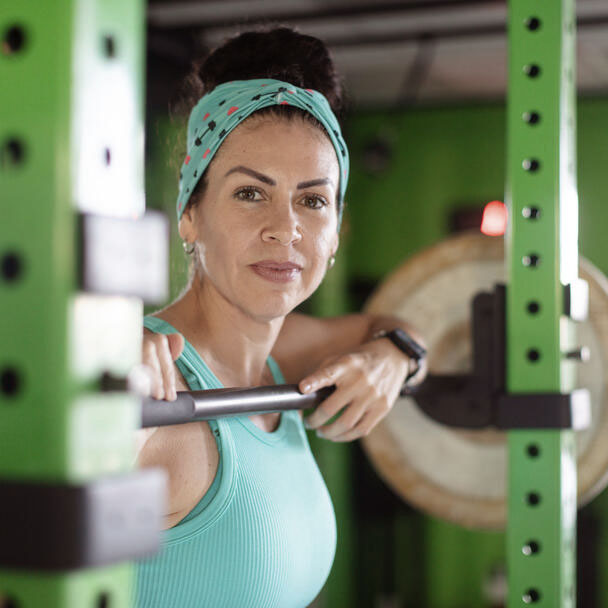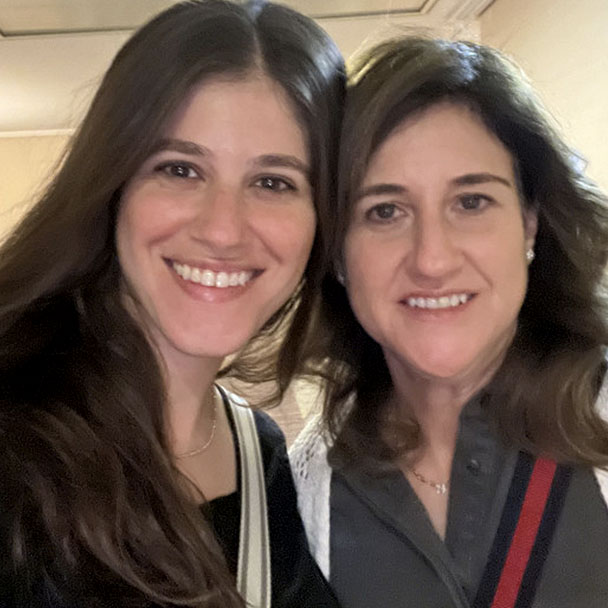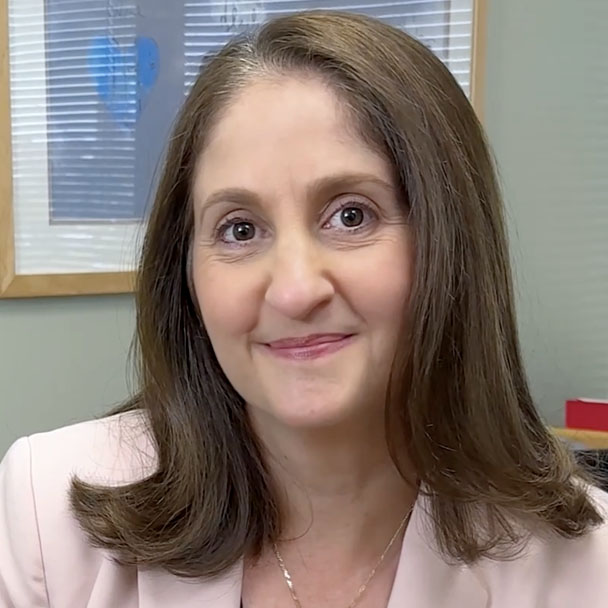“I got a first and second opinion, then a third and fourth," says Melanie. "The doctors all said the same thing: My intense pain was psychosomatic and caused by my feelings of guilt about dating and kissing boys."
Melanie was just 16 years old when she started having the severe pain around her back and pelvis, "Like I was being carved with a knife from the inside out." And the physicians in her hometown weren't helpful.
Eventually, she moved to Los Angeles to pursue an acting career—but her health kept deteriorating. “I couldn’t sleep. I was tired all the time and losing a lot of weight. I was in bad shape. One time the pain was so bad that I couldn’t walk, and a friend took me to the emergency room. That was the beginning of finding out what had been wrong with me for so long.”
After consulting two gynecologists, Melanie discovered she likely had endometriosis—a diagnosis confirmed by Kelly Wright, MD, a minimally invasive gynecologic surgeon at Cedars-Sinai.
At 26, after 10 years of seeking relief, Melanie finally found it.
I want to tell all women who are struggling to find answers that they need to be strong advocates for their health.
Melanie
A condition in which cells similar to the uterine lining are found growing in the wrong places—most commonly on the ovaries, fallopian tubes and in the abdominal cavity—endometriosis can be very painful. It affects about 10% of women and occurs most often during their reproductive years.
“Diagnosing and treating endometriosis and pelvic pain in general can be challenging for physicians. Look for a physician who takes your symptoms seriously and can offer a plan composed of different treatment options,” says Wright.
While there is no cure for endometriosis at this time, surgery can be a game-changing step for many patients. Research suggests disease progression can be driven by genetics, reproductive hormones and the immune system. Flare-ups of disease can still occur, so management of the condition may include hormone therapy, lifestyle changes and anti-inflammatory medications.
It's been more than five years since Melanie began treatment for endometriosis and she says she feels healthy and is managing her disease well. She left Los Angeles and is currently in New York, pursuing a degree at Columbia University and a change in careers. She says her long journey to wellness taught her a lot.
“I want to tell all women who are struggling to find answers that they need to be strong advocates for their health. To start with, they should do their own research. And most of all, I want to tell them to trust their instincts,” says Melanie.





